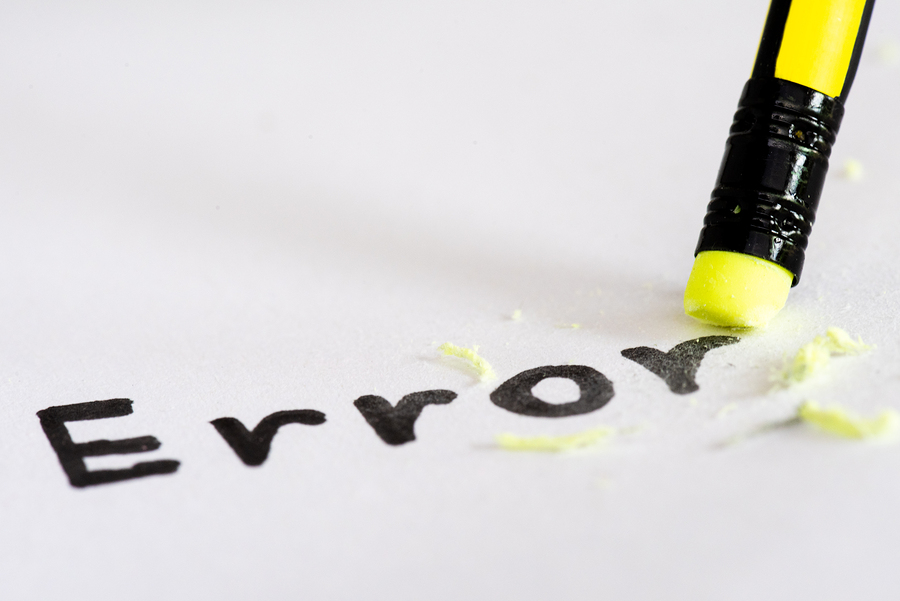Last week, in “response to changes in the industry,” one of which I addressed in the post “Rumbles in CBA,” a new retail association has been formed.
The Munce Group has long been a strong collection of Christian retailers who used their combined buying power to market and sell more products in their local stores. With the uncertainty of the ICRS (International Christian Retail Show) and the uncertainty of the Christian Booksellers Association, Bob Munce has announced the formation of the CRA (Christian Retail Association).
 In addition, they are restructuring and expanding their existing summer convention to include international opportunities. The CPE (Christian Product Expo) has been held for 17 years. This expansion will provide an alternative for publishers and stores and international publishers to come together. Especially if ICRS is no longer a viable option. The first newly named CPE International will be held Sunday to Tuesday, Aug. 25-27, 2019, at Embassy Suites in Murfreesboro, Tennessee.
In addition, they are restructuring and expanding their existing summer convention to include international opportunities. The CPE (Christian Product Expo) has been held for 17 years. This expansion will provide an alternative for publishers and stores and international publishers to come together. Especially if ICRS is no longer a viable option. The first newly named CPE International will be held Sunday to Tuesday, Aug. 25-27, 2019, at Embassy Suites in Murfreesboro, Tennessee.
I attended the CPE in Murfreesboro in 2015. I was invited to talk to the stores about Enclave Publishing. The show was very well run; and the stores were enthusiastic and supportive, with nearly 100 attending the presentation.
There is more information found in this article by Christine Johnson (link here).
This is great news for the industry. There needs to be a place where retailers and publishers can interact on a larger scale. If editors and agents and authors also attend, it could become the place to go each summer. As of now, this is so new we don’t know who will be attending from publishing houses other than sales people.










